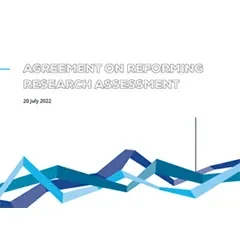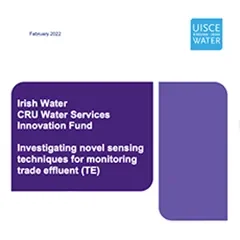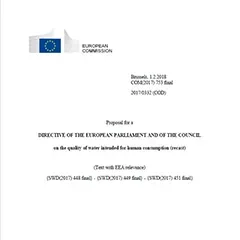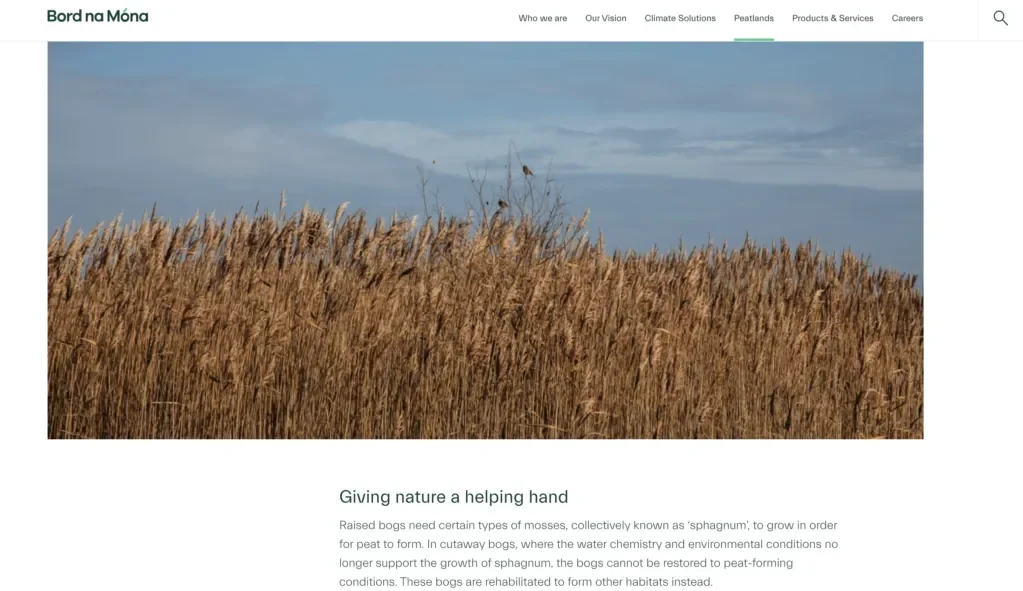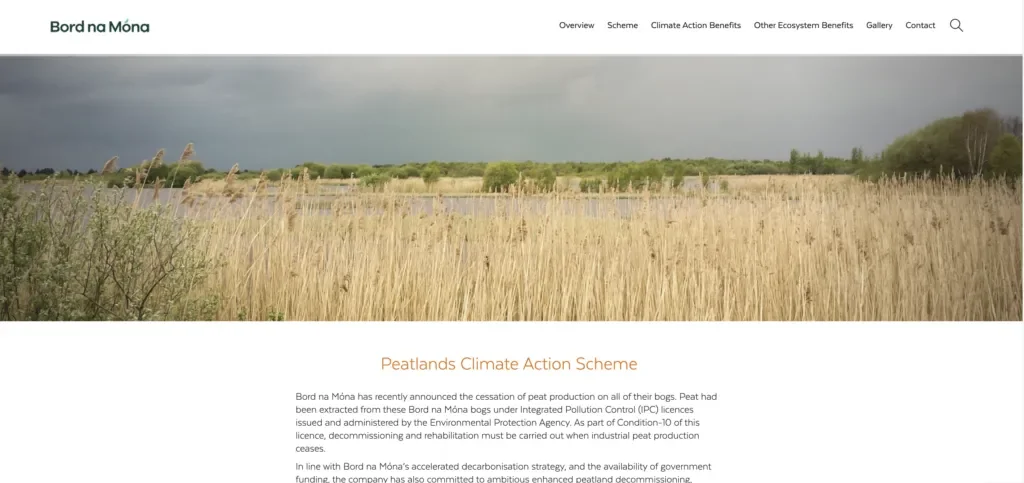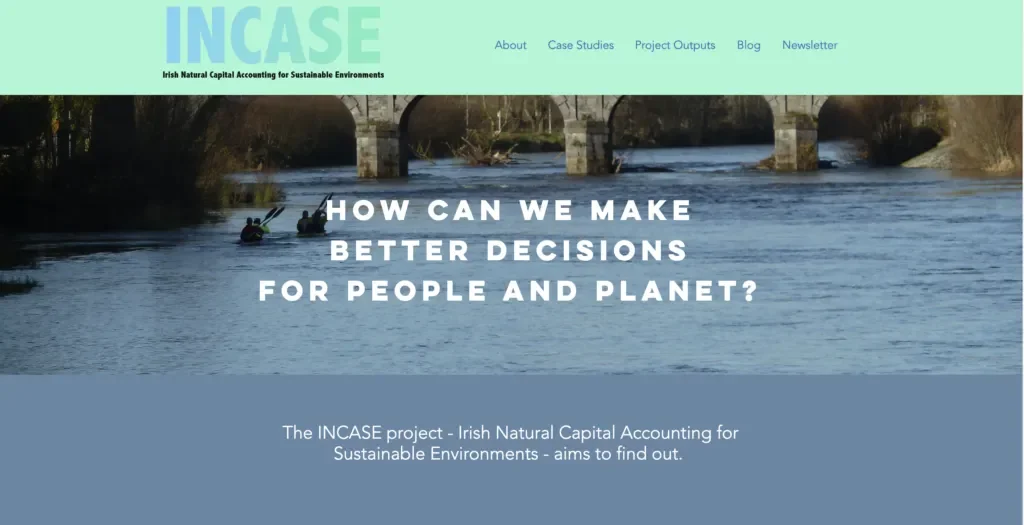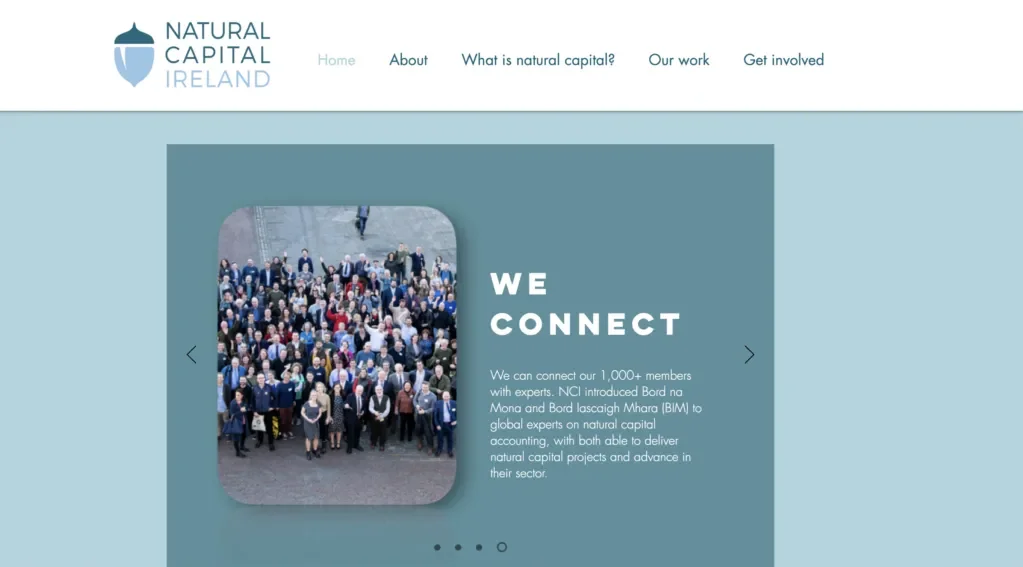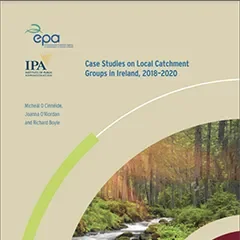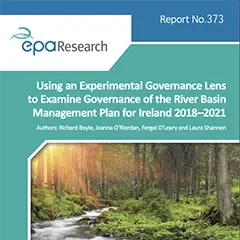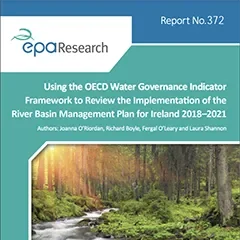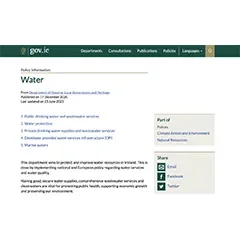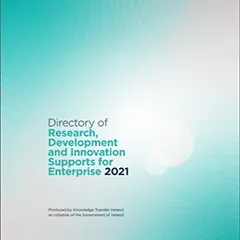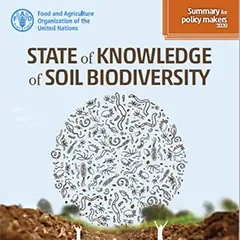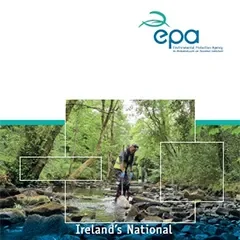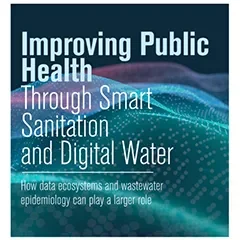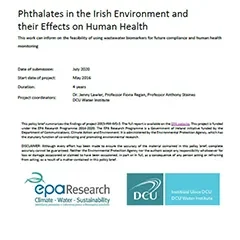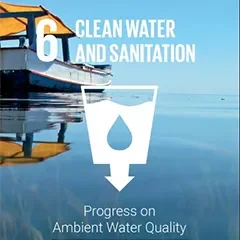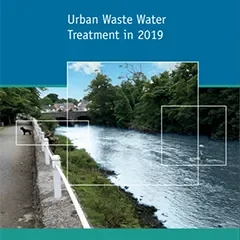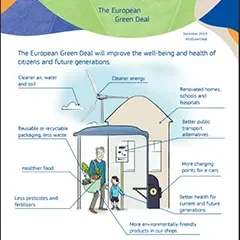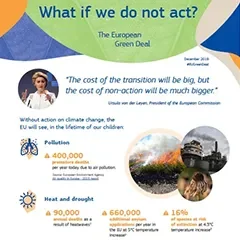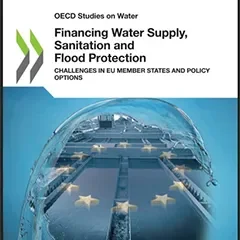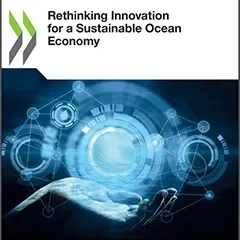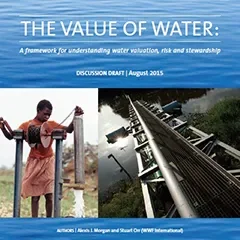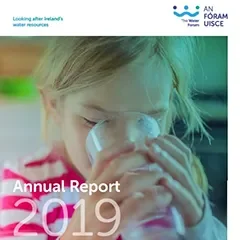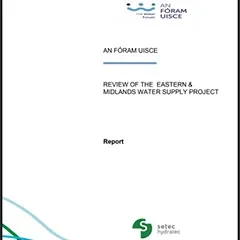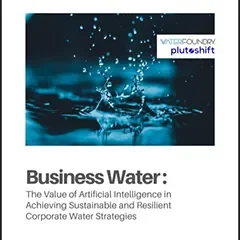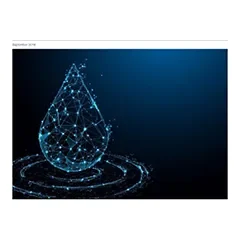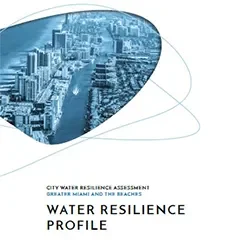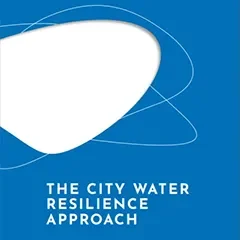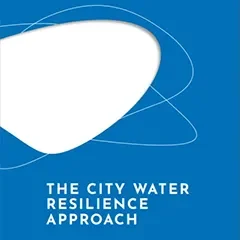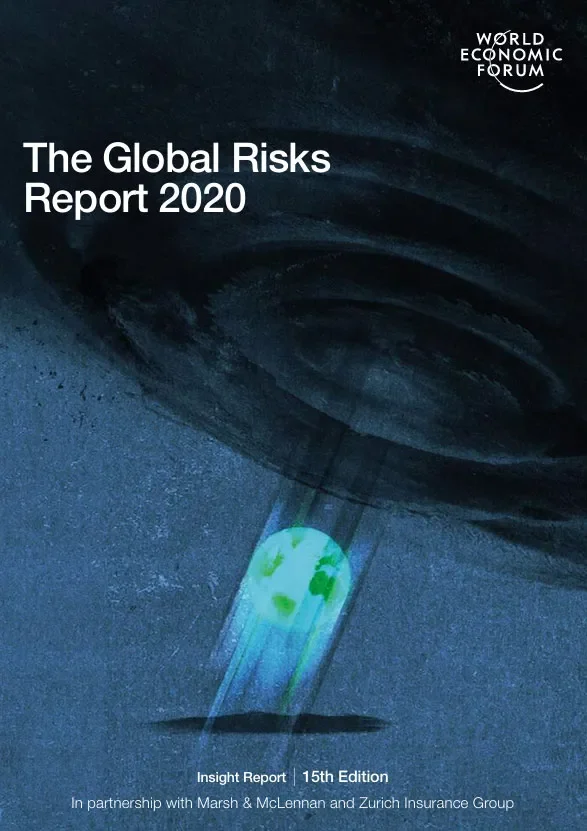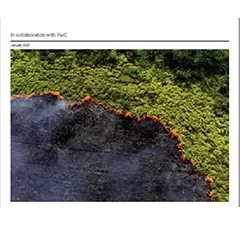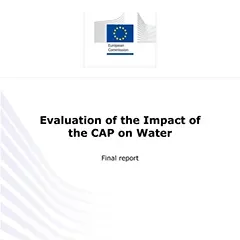
Research
Our Research
DCU Water Institute specialises in technological developments across the Science, Engineering and Computer Science domains, with a strong focus on communications, as well as policy and business drivers.
These areas are reflected in the Institute’s membership within DCU, spanning all faculties of the University.
Our research is technology-focused in a policy-rich environment and falls under four thematic pillars: Water and Health; Marine; Energy and Aquaculture; Governance and Society.
Research Ethics
The DCU Water Institute Ethics Committee in keeping with the DCU Strategic Plan 2023-2028, has developed a set of Core Ethical Principles for Water Institute Members. These will draw on Responsible Research and Innovation (RRI) and research integrity best practice in DCU, Europe and globally. Our ethical framework influences how we collaborate, and with whom.
The Ethics Committee promotes DCU’s Research and Innovation Support (RIS) Research Integrity Module and other relevant resources to its membership.
The Ethics Committee disseminates ethics information and resources on ethics topics relevant to members through workshops and seminars.
The Institute works to ensure clear communication and dialogue on ethical principles and integrity in research. As part of this, it encourages open discussion on emerging ethics in the research and innovation landscape.
Marine Projects
Water and Health Projects
Energy Projects
Research Impact
DCU Water Institute's research is making a notable impact, with real-world applications influencing both local and global policy and business practices.
Our innovative water monitoring efforts are shaping modern environmental management strategies and promoting sustainable practices across various industries.
At the DCU Water Institute we aim to go beyond the lab by contributing to the solutions for real world problems in fields like health, business practices, and policy through collaborations in industry, government and academics. To date, the Institute’s investigators have published numerous studies, greatly enriching academic research in this space. The impact of this work is enabling healthier ecosystems, promoting efficient business practices and ensuring more equitable access to water resources.
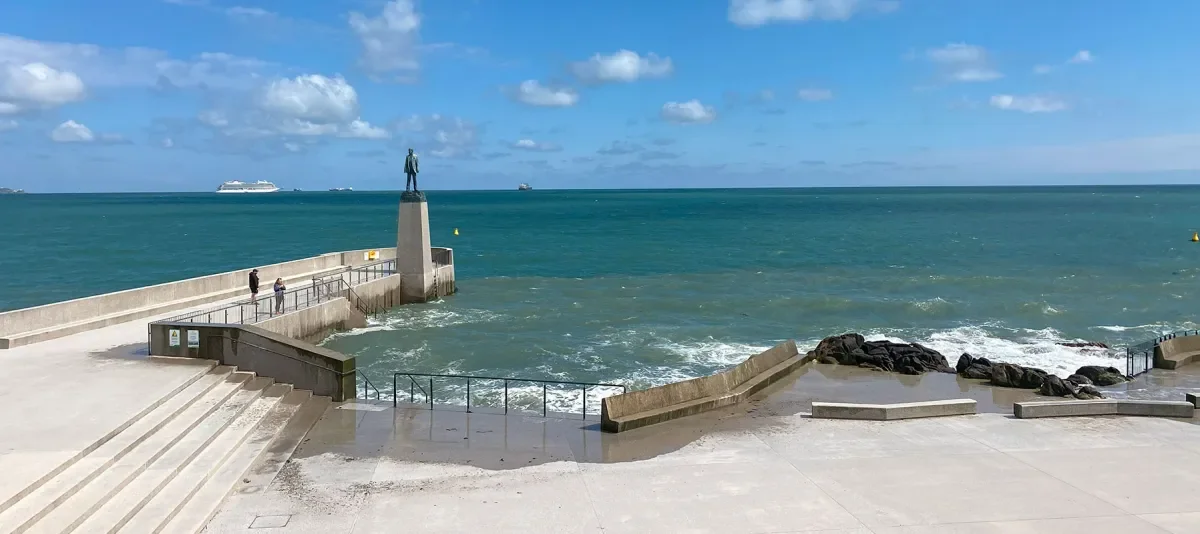
Some of our notable impacts include:
- EPA Report The State of the Art on the Potential Human Health Impacts of Microplastics and Nanoplastics . Contributing to the understanding of how the ingestion of plastics through waterways impacts human health
- Marine Life Activity Detection, Classification, and Indexing for the SmartBay Ocean Observation Platform . DCU researchers utilised data from SmartBay’s test bed to develop underwater video analytics. This technology enables the detection, classification, and indexing of marine life activities, offering crucial insights into ocean ecosystems.
- WaterBlitz. A national initiative encouraging citizen scientists to collect water samples for crucial research that advances our understanding of the health of Irish waters.
- DCU Climate Policy Study This research uses political economy analysis to examine barriers that impede Ireland’s climate adaptation policy, focusing on those sectors exposed to water-related risks. The study aims to identify opportunities for policy reform and implementation.
- Antidepressants and Antibiotics found in Irish Rivers. DCU-led research discovered the presence of 15 pharmaceuticals in Irish Rivers.
Please visit our Library page, which is regularly updated with a comprehensive list of water-related research and outputs.
The page hosts resources and information relating to:
-
EPA Reports
-
EU Environmental Reports
-
OECD Publications
-
Humanitarian Impacts
-
Research Development Innovation
Research Library
Explore our comprehensive Research Library, a collection of cutting-edge studies, reports, and resources from DCU Water Institute. Designed for researchers, policymakers, and the community, this hub offers insights into water quality, sustainability, and innovative solutions addressing global environmental challenges. Dive in to access groundbreaking work shaping the future of water research.



